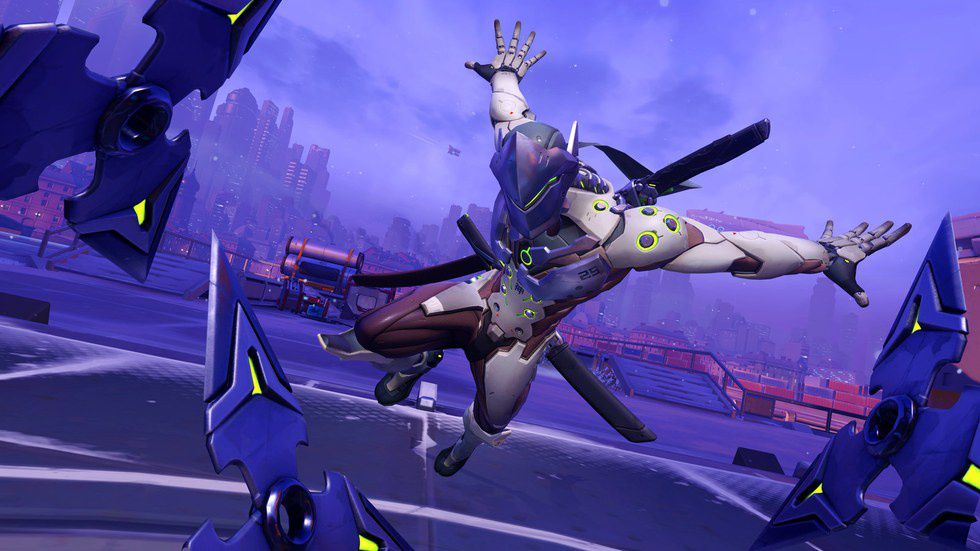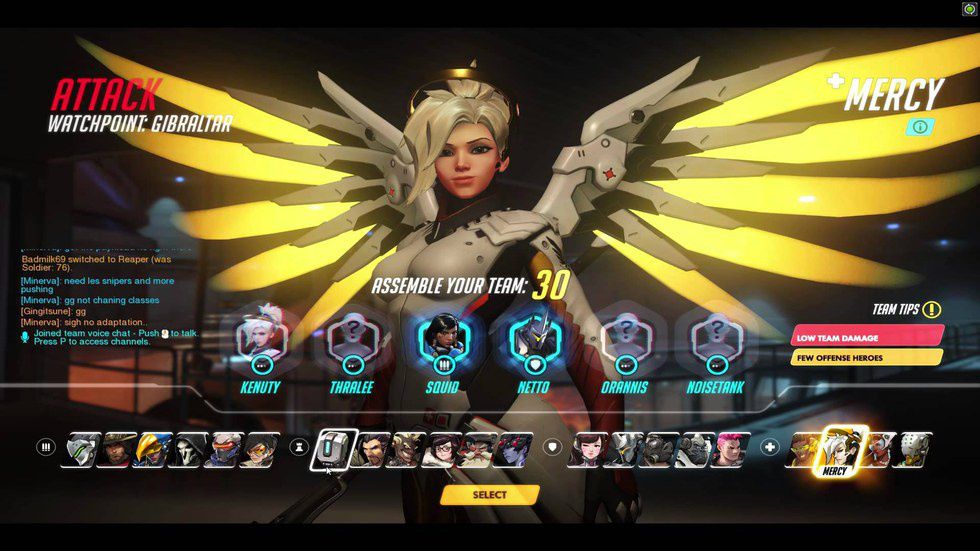I really enjoy Overwatch, Blizzard’s premier online first-person shooter (FPS) game. I don’t play the game religiously, but I do take some time out when I can to enjoy a few games with it. What’s amazing is that I’ve never been a huge fan of FPS games that are centered on multiplayer. I love Bioshock, Deus Ex, and other FPS games that are rooted in their intent to deliver an intense and immersive single-player story. While I’ve delved into other games that do the exact opposite, they never caught my interest. Overwatch, however, took a lot of the elements I love about gaming and put them into a simple, yet diverse game that I can always return to. Moreover, its wide scale success has delivered a message to the industry that it so desperately needed, and I believe it will continue to influence games for some time to come.
First, it is important to thank Team Fortress 2, created by Valve Corporation, which was Overwatch’s clear and direct influence. It was a good choice to do this since Team Fortress 2 is also a widely popular and successful game. It took many of the elements that made it great and translated it into something a bit different and more vibrant. Overwatch’s success comes from branding itself as an online FPS game, but delivering something entirely different. It is composed of a wide cast of unique and colorful characters, each with different abilities and traits that make them both lovable and practical on the field. Soldier 79 is a direct homage to casual shooter game fans that need a simple and efficient character that is loaded with a standard assault rifle, grenade launcher type ability, and a healing tool. He’s equipped and designed for beginners who are looking into discovering the game. As players become more familiar with the flow of battle, they begin to master other characters such as Genji, a ninja who is vastly different. He can double jump, climb up walls, throws shuriken in bursts rather than using a gun, has an ability that can deflect bullets and another that let him dash in to finish his kills.
It’s with characters like Genji that suddenly the game doesn’t feel quite like a FPS anymore. With so many characters that deviate from the standard shooter formula, it feels more like a crossover between a fighting game and a shooter. It controls and functions like a shooter, but rather than forcing you to use a customizable avatar that lies within a generic class, it allows you to select one of these characters that cannot be customized (except aesthetically) and lets you discover how to use them. Sure some characters are categorized as defensive or as a healer, etc. but they’re abilities often allow them to be used in a variety of ways. Adding onto that, since your team is composed of 6 players, victory is often dependent on choosing characters that work well together, cover each other’s weaknesses, and when together have the tools to achieve victory. The game makes you fond of these personalities, and you’ll grow attached to a favorite character without a doubt. However, the game also encourages testing things outside your comfort zone and adapting to the flow of a battle, because switching between characters and developing a team composition is vital to success.
What’s more is that the communication between players is often the most important factor in victory. The game is courteous enough to make a simple selection wheel of comments that allow players without headsets to communicate simple and important messages to the entire team. It allows casual and even shyer players to help with their team’s coordination and even make the comment that can lead to success. The game also has a system that makes recommendations on team balance, and what types of characters your team should subtract or add for optimal synergy. And, one of my favorite ideas that are embedded into the game is that it does not need you to be a speedy marksman and have a twitchy trigger finger to succeed like most mainstream FPS games. Your contributions and success in the game are hardly ever dependent on those traits, and while they come in handy, they are hardly the most important skills needed.
Because of its unique approach to the competitive FPS scene and its success, I think it will impact the gaming industry in a positive manner. Months after its release and because of its continual, free add-on content from the developers, players will always have a reason to return to the game. This challenges other games to do something different from the standard formula to give players a reason try their games instead. This applies to FPS games and any other genre of game. Already I know many people who refuse to buy many games because they keep returning to play Overwatch instead. Developers will take note of the small details Overwatch has added to make all players feel welcome, as well as the vibrant and detailed characters that players have bonded with. It forces competing games to test new grounds, be more adventurous in their creations, and be unafraid to be different while taking influences from games that are successful and the details that made them so. If a game as creative and different as Overwatch could achieve this level of success, why can’t the next big idea? The days of relying on simplicity and a generic formula to be the backbone of a game are coming to a close I believe, and that’s for the better. While I understand that Overwatch was able to take the risks it did because its developer was already popular and it had great advertising to build up its success, other games have to attempt to do the same to appeal to an audience that is growing attached to games that are uniquely their own. That is exactly what the industry needs to continue growing in a diverse and fruitful manner.




















